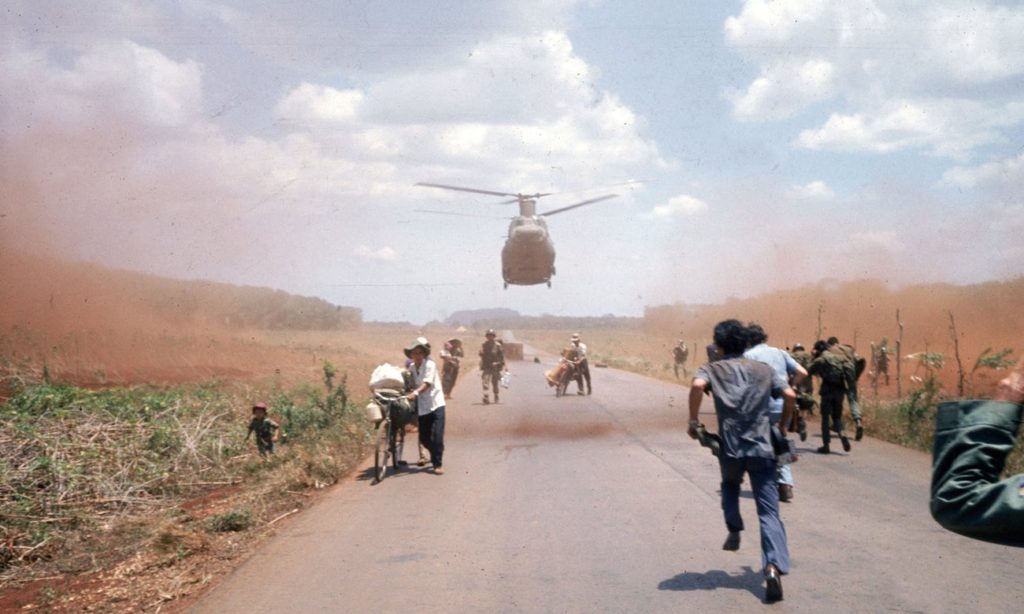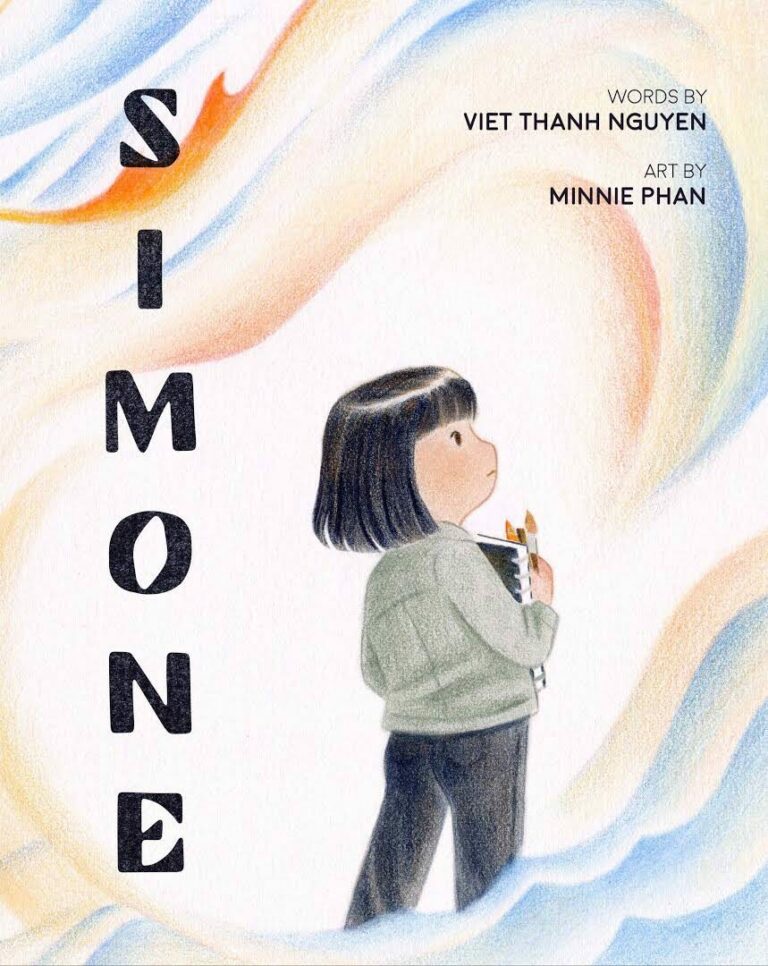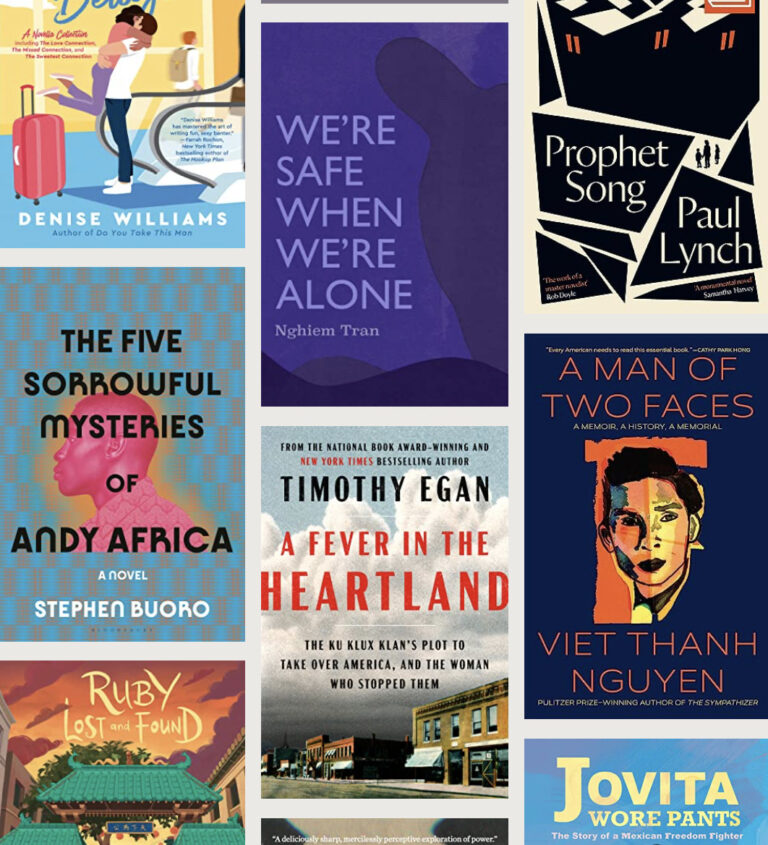Randy Boyagoda reviews Viet Thanh Nguyen’s debut novel, The Sympathizer, for The Guardian. This hot and sprawling tale captures the horror and absurdity of the Vietnam war and its aftermath.

‘I am a spy, a sleeper, a spook, a man of two faces. Perhaps not surprisingly, I am also a man of two minds. I am not some misunderstood mutant from a comic book or a horror movie, although some have treated me as such. I am simply able to see any issue from both sides.” Viet Thanh Nguyen’s new novel begins with a showy riff on Ralph Ellison’s Invisible Man. Thereafter, Ellison’s novel offers a template for Nguyen’s; its unnamed narrator-protagonist, like Ellison’s, recounts and attempts to make sense of his variously doubled life from a position of concealment – in this case, as a prisoner forced to make a political confession.
Beyond such wilful attuning to Invisible Man, this impressive debut contains a Whitman-like multiplicity. The Sympathizer can be read as a spy novel, a war novel, an immigrant novel, a novel of ideas, a political novel, a campus novel, a novel about the movies, and a novel, yes, about other novels. This overreaching mixture leads to occasional missteps that matter little set against the greater result: a bold, artful and globally minded re-imagining of the Vietnam war and its interwoven private and public legacies. Indeed, this book reads like the absolute opposite of Tim O’Brien’s The Things They Carried, the clipped, cool fragmentary narrative that has long served as the canonical US literary account of that divisive conflict and its ongoing aftermath.
The title character of Nguyen’s comparatively hot and sprawling story is a hyper-self-conscious intellectual defined by the divisions he has straddled from birth: the illegitimate son of a French Catholic priest and a teenage Vietnamese villager, he grows up at odds with the world around him. He emerges with a sense of this double identity as a source of both pain and power, and goes to the United States in the 1960s for a college education and introduction to all that’s barbarous and bright in American life. He returns to Vietnam to help keep all that at bay and finds himself naturally suited to espionage, which he pursues while working in the South Vietnamese army and serving as the trusted aide of a general with strong CIA connections.
The 1975 fall of Saigon to communist forces and the desperate escape of South Vietnamese citizens – elites, American co-operators, ordinary people – forms the novel’s first major sequence. As civilians and the remaining ranks of the defeated army alike fight each other for spots on departing planes, the narrator, known only as the Captain, describes “the call of the Katyusha rockets, hissing in the distance like librarians demanding silence”. The rockets aren’t far away for very long; amid charred bodies and exploded C-130s, the Captain and the General and the General’s family barely get out, along with the Captain’s long-time friend Bon, a trained assassin whose wife and young child are shot dead on the tarmac. Graphically rendered and breathlessly told, the entire sequence is emotionally rending and exceptionally readable.
Thereafter, Nguyen shifts the novel into a more moderate pace as the refugees resettle in California. Here we have an account of 1970s and 80s immigrant life and its standard anomie and nostalgia and generational conflicts, amid liquor store and ethnic restaurant ambiences. The Captain finds work at a local university under the supervision of a magnificently unreconstructed orientalist academic while remaining in close contact with the General and his plans for mounting a counterrevolution. The General’s efforts are fuelled by his reasonable paranoia about the existence of spies and informers in the ranks of their South Vietnamese exile community. In turn, the Captain, working with the despair-ridden Bon, must carry out lethal orders against innocent men, if only to appease the General and protect his own cover.
Meanwhile, the General becomes involved with smooth American politicians happy to fund anti-communist efforts abroad, and with megalomaniacal Hollywood movie-makers keen to capitalise on the box office opportunity of an exotic new setting for some variation on the classic American war movie (which occasions an extended satire-cum-critique of Apocalypse Now). The Captain is immersed in all of these intersecting events and simultaneously stands outside of them as confidant to his General and epistolary informant to his unseen communist handler. In turn, he reflects about it all as a courageously ambivalent figure in increasingly absurdist and horrifying circumstances.
Now and then, the Captain’s grandstanding against east/west stereotypes and against the putative ills of the US and Catholicism clogs his monologue because it does little more than advance an equally hackneyed set of complaints and rebuttals. Nguyen’s own academic background also seeps in, inspiring didactic language better suited to a damp graduate seminar than an excellent literary novel: “My need for validation and inclusion surprised me.” That said, The Sympathizer is an excellent literary novel, and one that ends, with unsettling present-day resonance, in a refugee boat where opposing ideas about intentions, actions and their consequences take stark and resilient human form.
Randy Boyagoda’s latest novel is Beggar’s Feast (Penguin).


